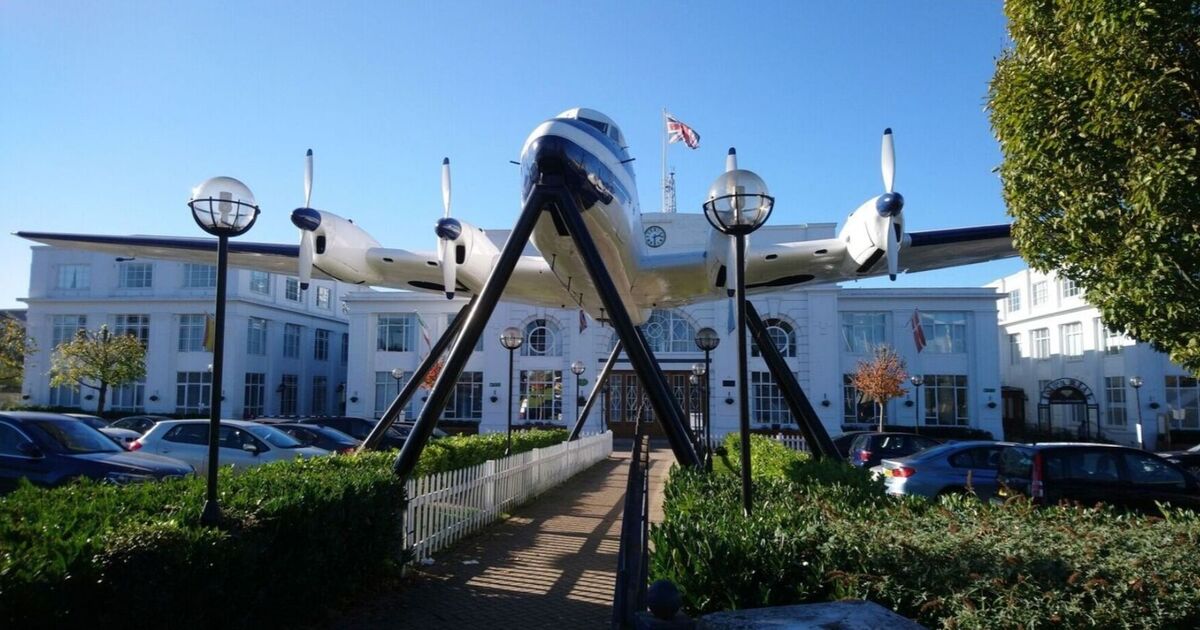London was once home to an incredible airport that introduced some of the world’s most important aviation innovations – yet today, most people have never even heard of it.
Croydon Airport, located just south of the capital, was the UK’s main international airport between the 1920s and 1950s, handling more passengers, cargo, and mail than any other British airport at the time.
It was the site of several world firsts, including the first-ever air traffic control tower, the first airport terminal, and even the first airport hotel.
Opened in 1920, Croydon quickly became the UK’s aviation hub, with Imperial Airways – Britain’s first national airline – operating from the site.
It was the gateway for flights to Paris and Berlin. Over time, it helped shape the future of global air travel, introducing radio navigation and early air traffic control procedures.
The famous “Mayday” distress call, now used worldwide, was also developed here.
By the late 1950s, however, Croydon was struggling to compete. The demand for larger planes and longer runways meant that Heathrow took over as London’s primary airport, and Croydon closed for good in 1959.
Today, much of the site has been built over, but its terminal building and control tower remain protected as Grade II listed landmarks.
During its peak years, Croydon was at the heart of aviation history. In 1930, pilot Amy Johnson took off from the airport on her record-breaking solo flight to Australia.
A few years earlier, Charles Lindbergh landed at Croydon in his Spirit of St. Louis after becoming the first person to fly nonstop across the Atlantic.
The airport was also the place where Winston Churchill took early flying lessons, even crashing once and nearly dying.
In 1936, a flight from the airport helped transport General Francisco Franco to Spain, sparking the Spanish Civil War.
During World War II, Croydon was used as a fighter airfield in the Battle of Britain.
The site suffered heavy bombing in 1940, with factories and hangars destroyed during the first major air raid on London.
After the war, the airport resumed commercial flights, but it was clear that Croydon had outgrown its surroundings.
With no room to expand, larger airports like Heathrow and Gatwick took over, and in 1952, the Government decided that Croydon would eventually be shut down. The last commercial flight left in September 1959.
Today, traces of Croydon Airport still remain. The old terminal building and control tower are now home to a visitor centre, where aviation enthusiasts can explore the history of Britain’s first major airport.
The original control tower also still stands, and a de Havilland Heron aircraft, painted to resemble the final passenger flight from Croydon, is displayed outside.
For those planning to visit, the Croydon Airport Visitor Centre opens on the first Sunday of every month.
Guided tours take visitors through the original terminal and control tower. Tickets can be booked online, with a small donation helping to maintain the site.
Checkout latest world news below links :
World News || Latest News || U.S. News
The post London’s incredible abandoned airport with the world’s first-ever control tower appeared first on WorldNewsEra.

